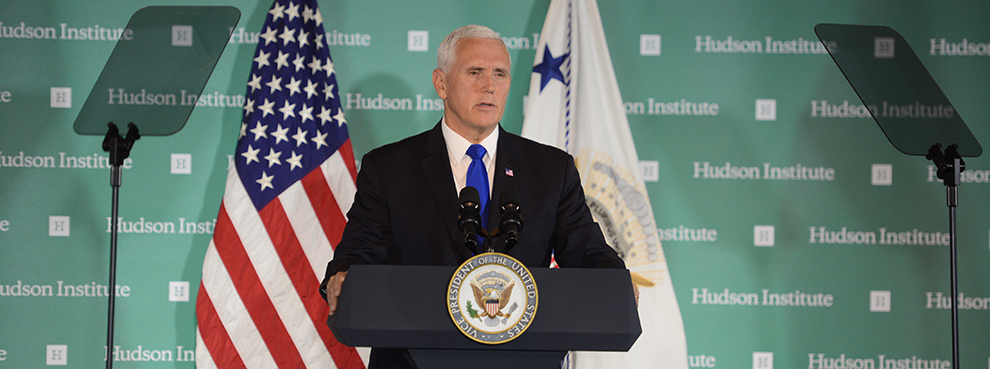
Li Zheng, Assistant Research Processor, China Institutes of Contemporary International Relations
Oct 16, 2018
Pence’s speech only made the U.S. look bad.
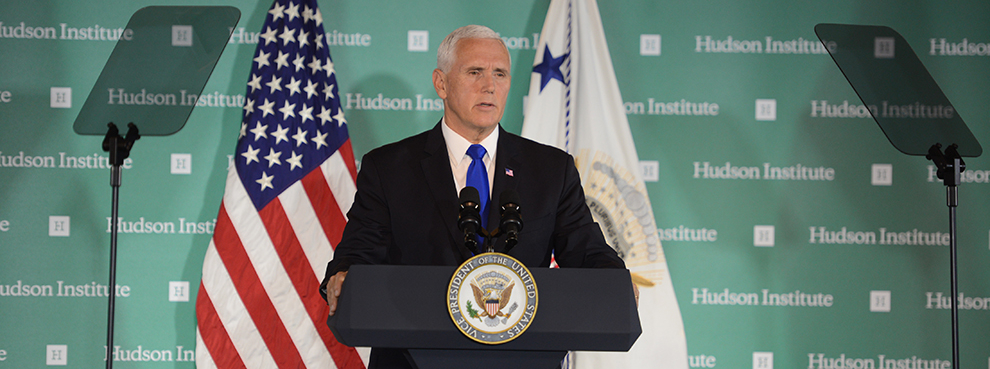
Nong Hong, Executive Director, Institute for China-America Studies; Senior Fellow, Beijing Club for International Dialogue
Oct 15, 2018
Vice President Mike Pence’s speech at the Hudson Institute signaled a far tougher American line on China. It is worth considering the Trump administration’s motivations for taking such an adversarial public stance now.
Oct 15, 2018
It is important to notice who started this trade war. We never want to have a trade war.

Sampson Oppedisano, Executive Assistant to the Dean, The Milano School of International Affairs, Management and Urban Policy
Oct 12, 2018
As President Moon Jae-in and Chairman Kim Jong Un continue positive negotiations, both China and the United States are wondering: what would peace on the Korean peninsula look like?
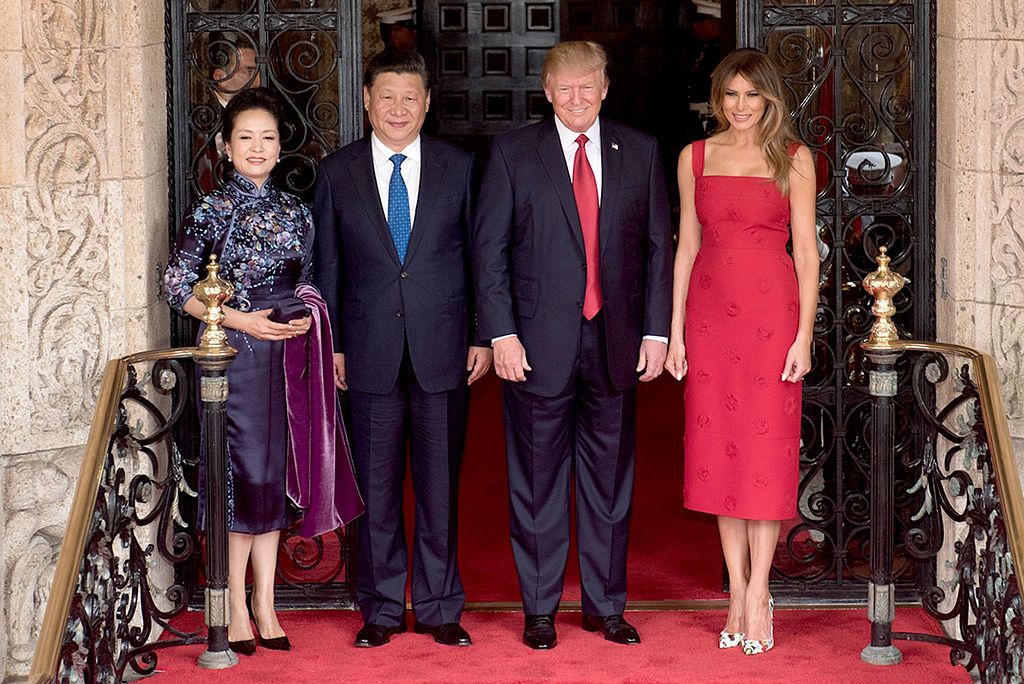
Sun Chenghao, Fellow, Center for International Security and Strategy of Tsinghua University; Munich Young Leader 2025
Wang Xiaonan, Beijing-based media commentator
Oct 12, 2018
Friction is inevitable for two powers both at the nascent stage of a new era; after all, this era is unprecedented in history.
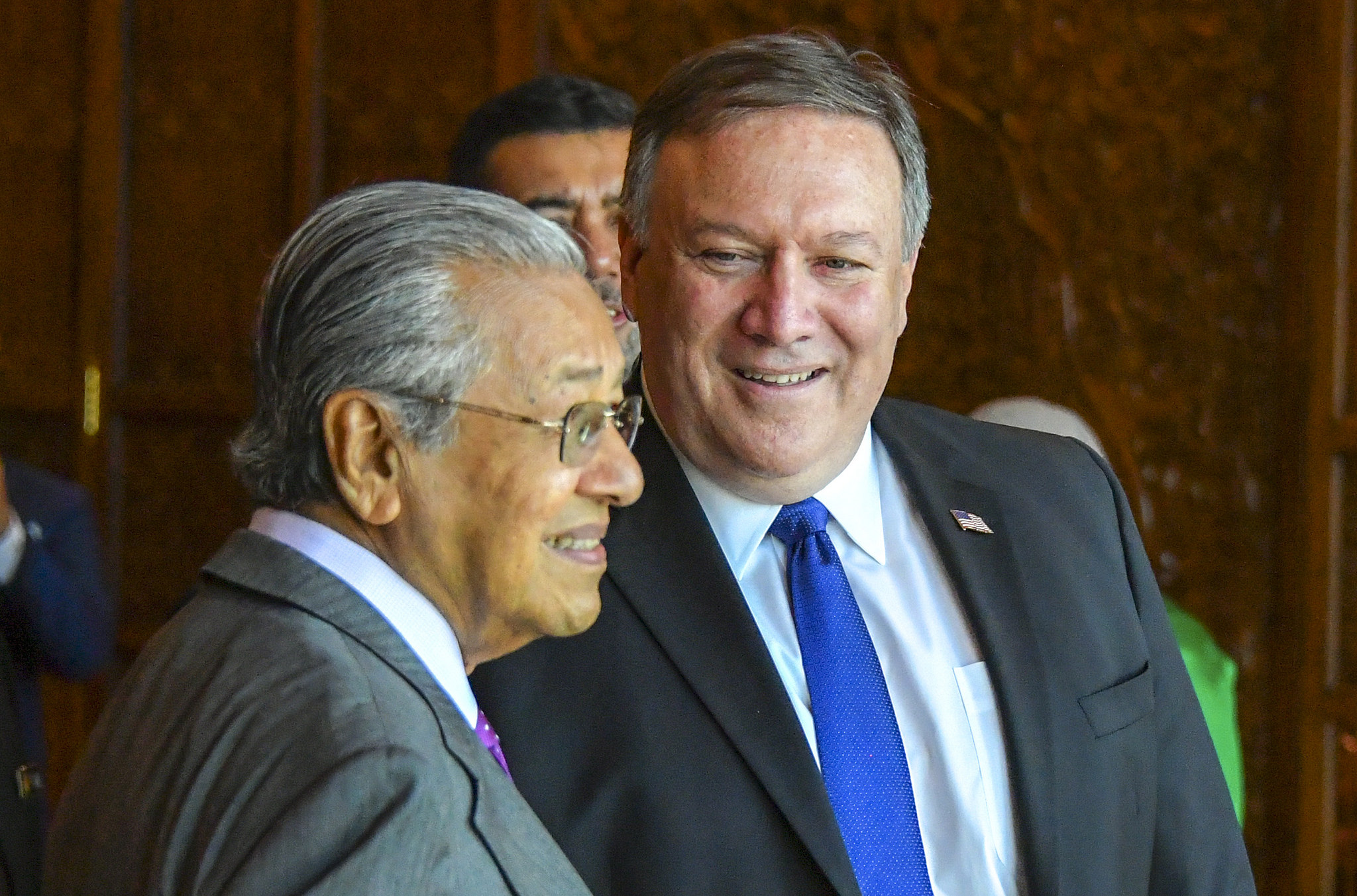
Ma Shikun, Senior Journalist, the People’s Daily
Oct 12, 2018
Malaysia’s old statesman is not afraid to speak his mind to both great powers.
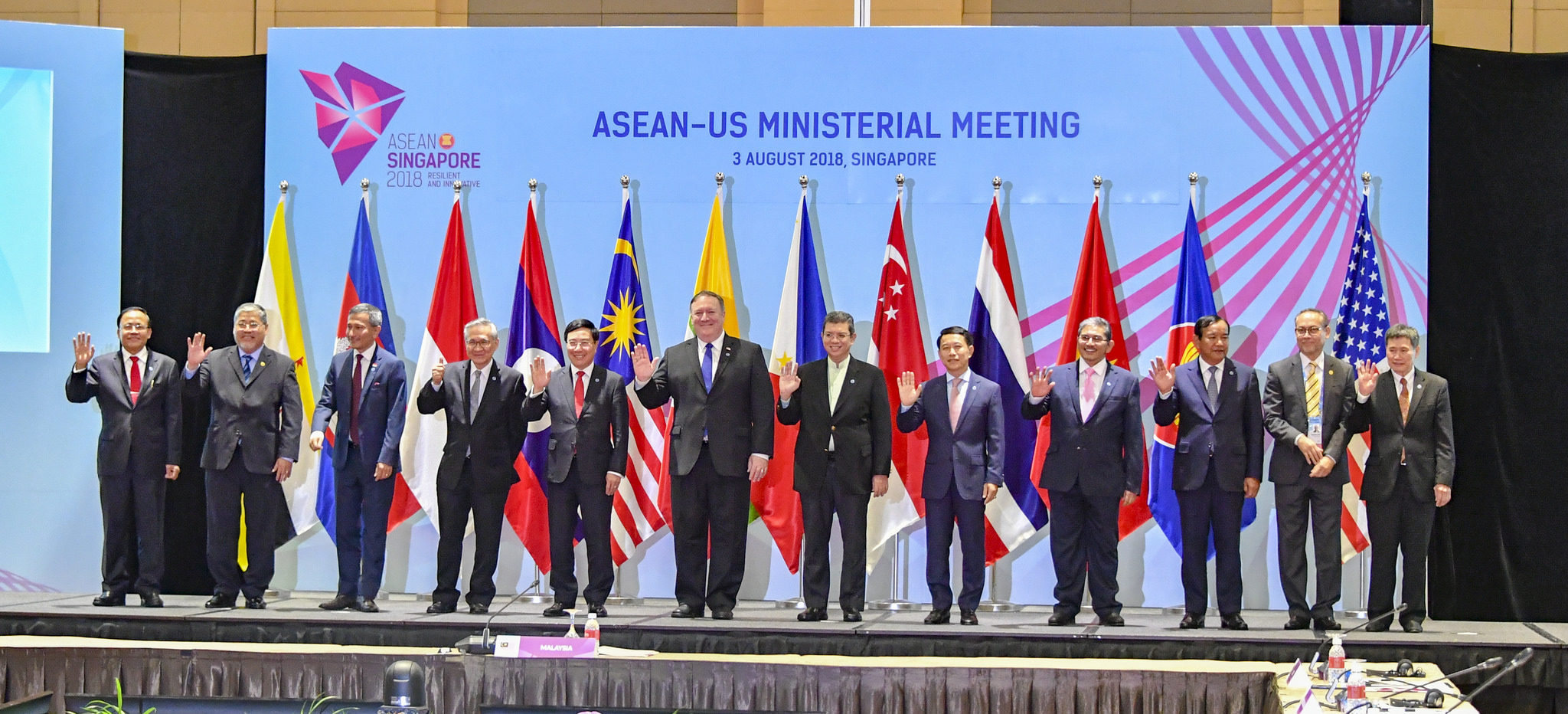
Chen Jimin, Guest Researcher, Center for Peace and Development Studies, China Association for International Friendly Contact
Oct 10, 2018
The Trump administration’s Indo-Pacific Strategy faces significant obstacles.

Yin Chengde, Research Fellow, China Foundation for International Studies
Oct 09, 2018
The US’ efforts to establish hegemony in the Middle East has undermined nuclear nonproliferation, instigated and prolonged conflict, and scuppered the Israeli-Palestinian peace process.
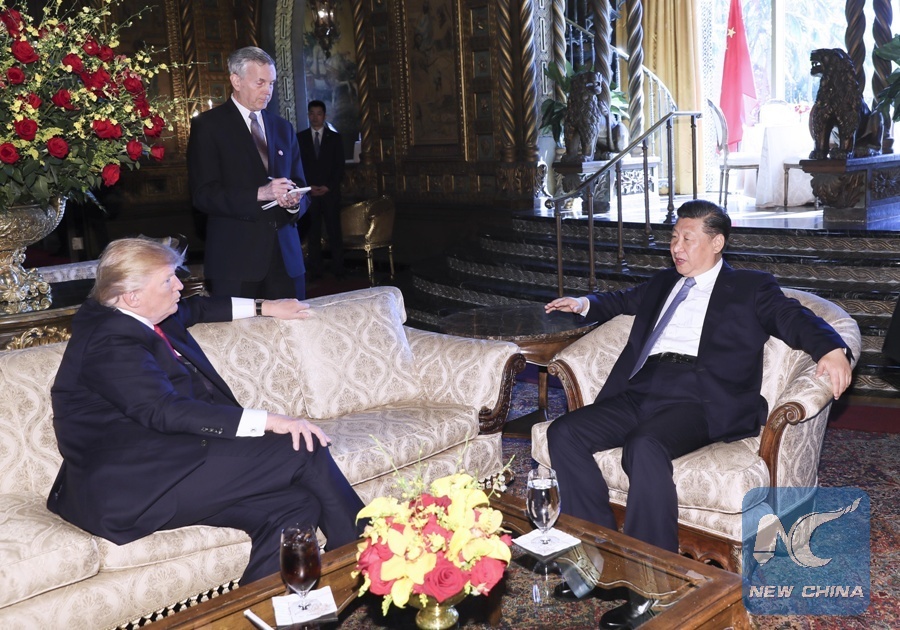
Su Xiaohui, Deputy Director of Int'l & Strategic Studies, CIIS
Oct 09, 2018
The relationship is too important to carry on like this.
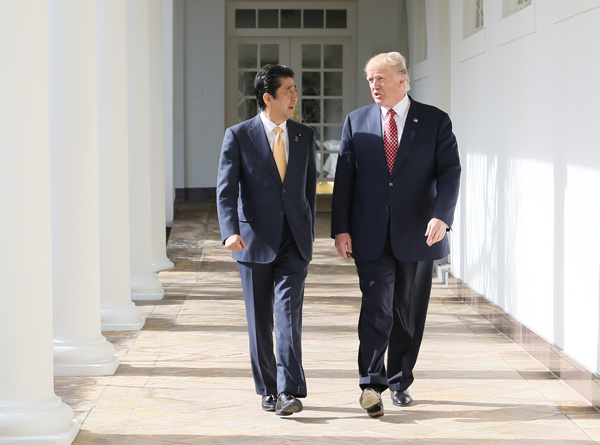
Joseph S. Nye, Professor, Harvard University
Oct 05, 2018
Together, Japan and the US can check China.
Back to Top

- China-US Focus builds trust and understanding between the U.S. and China through open dialogue among thought leaders.
- Our Offerings
- Topics
- Videos
- Podcasts
- Columnists
- Research Reports
- Focus Digest
- Stay Connected
-
Thanks for signing up!
- Get the latest stories from China-US Focus weekly.